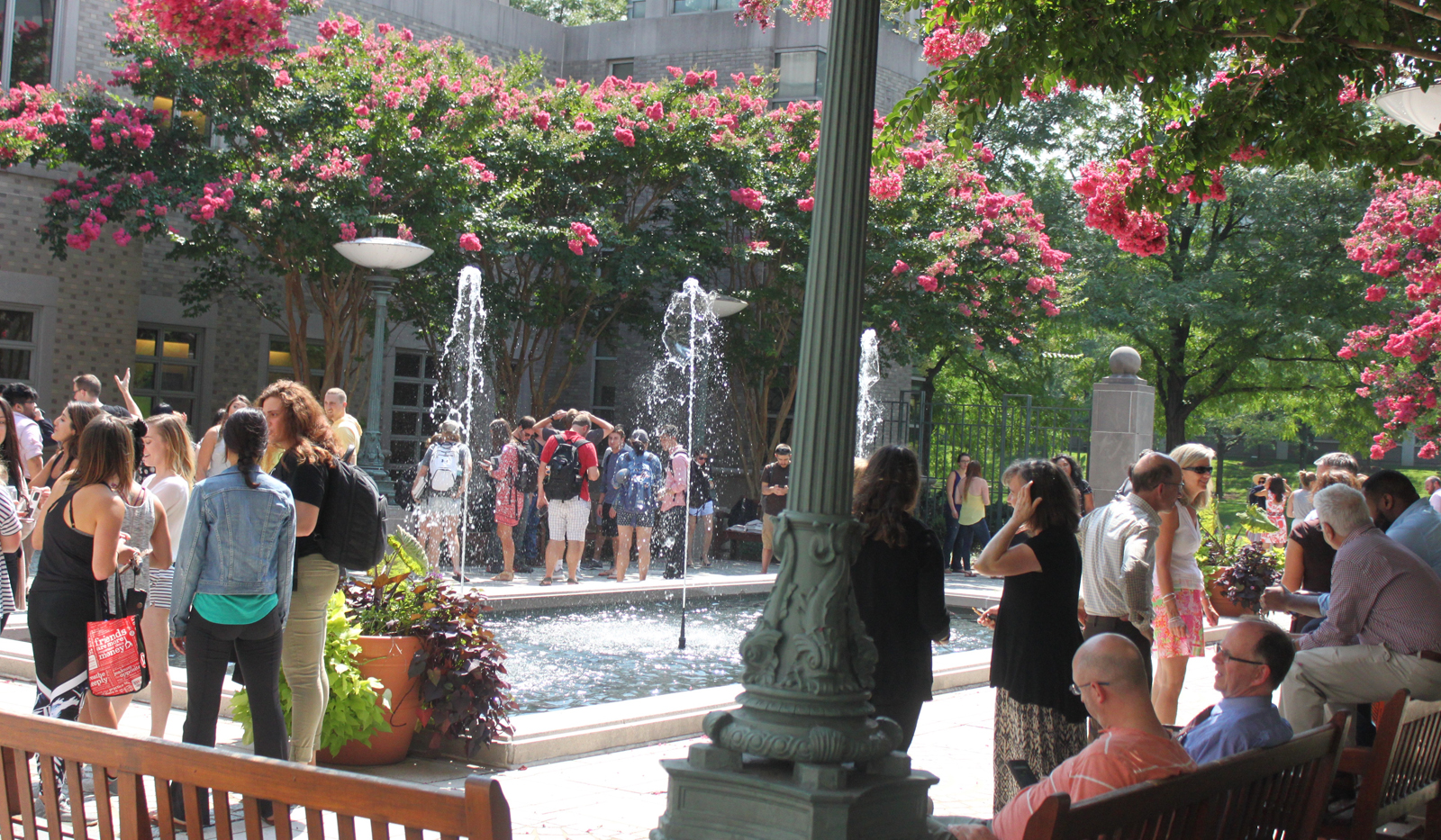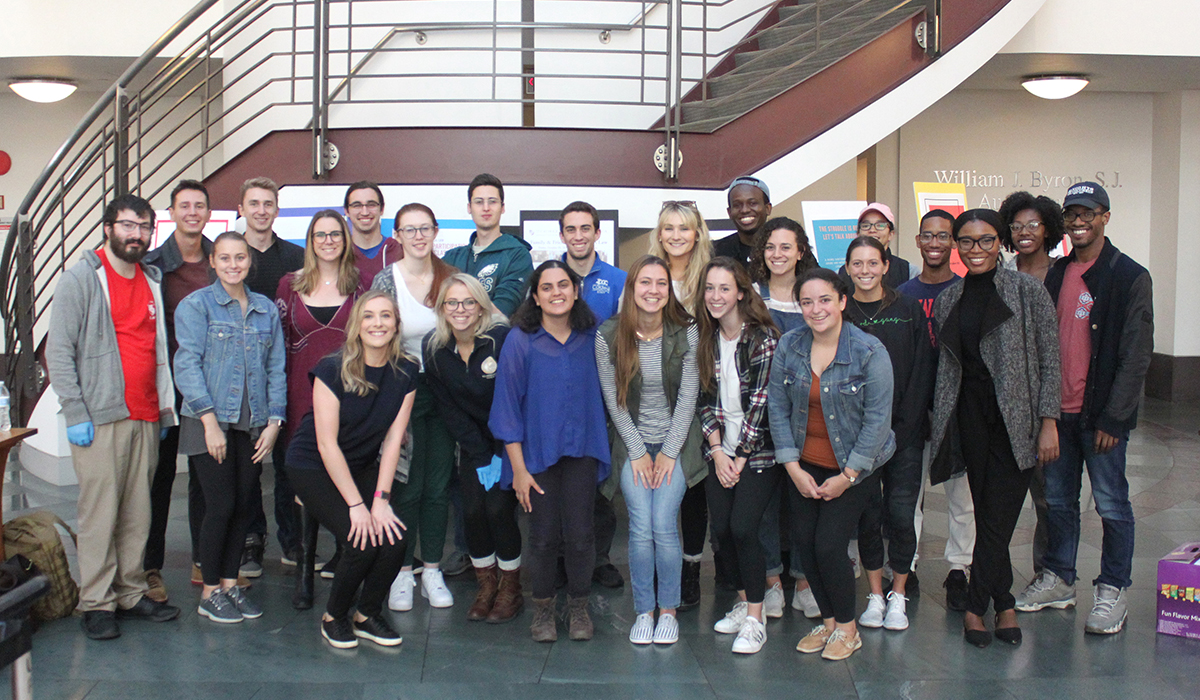A Catholic Law School
Catholic University’s Columbus School of Law is a part of the national university of the Catholic Church in the United States. Our legal curriculum is enriched by the Catholic tradition of service to the individual and the community.
We engage in intellectual and academic considerations of the intersection of justice and mercy, ethics and morality, and faith and reason in the study of law and society. Accordingly, our law school not only prepares students to be the most competent and capable attorneys for practice, but also encourages them to become lawyers of conscience and character.
You do not need to be religiously observant, or Catholic, or subscribe to a particular philosophy to excel here. We encourage students from all backgrounds to take the time, while in law school and throughout their careers, to reflect upon what it means to choose the path of legal practice and the obligation it carries to serve others.
Simply learning the tools of law isn’t enough. If law is to serve a useful place in society, its practice must be marked with compassion for others and a commitment to fight the unjust.
The Columbus School of Law has a unique mission of service that is exemplified by the school’s dedication to pro bono work, a commitment shared by the student body, faculty, and alumni. The Catholic Law Pro Bono Program carries out this tradition of service by providing access to justice to those in need. From the first week on campus, students are encouraged to give back to the local community through the annual Community Service Day. The Catholic Law Pro Bono Program also fosters the importance of hands-on learning opportunities to assist those in need of access to justice. Pro Bono projects enable you to apply the lessons you have learned in the classroom to real-life cases while advancing your professional development. Participation in the program is voluntary, and there is a range of diverse opportunities to take part in.
Columbus Community Legal Services also serves the needs of the community by providing free, high-quality legal services to needy individuals and families who live in the District of Columbia Metropolitan Area. In addition to learning practical trial techniques, students must also wrestle with the ethical issues that confront lawyers and examine such critical issues as racism, sexism, and class bias in the context of the legal system.
As one of our professors puts it, “Here, you will find a school that cares, and that becomes infectious.”


